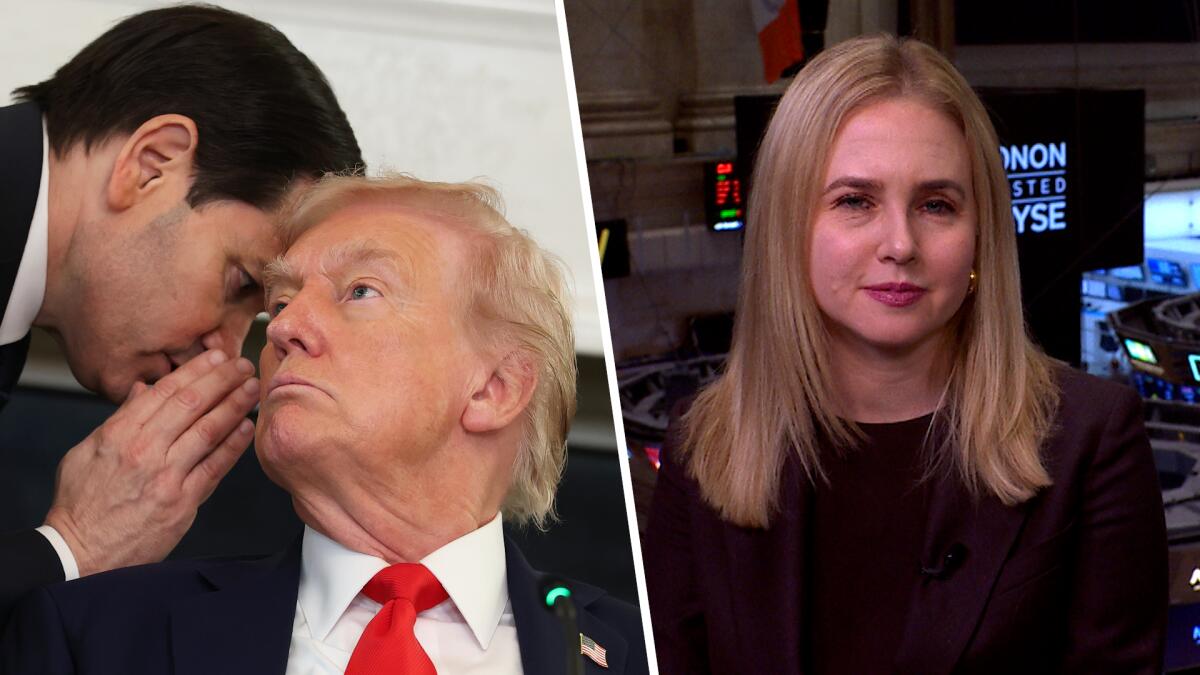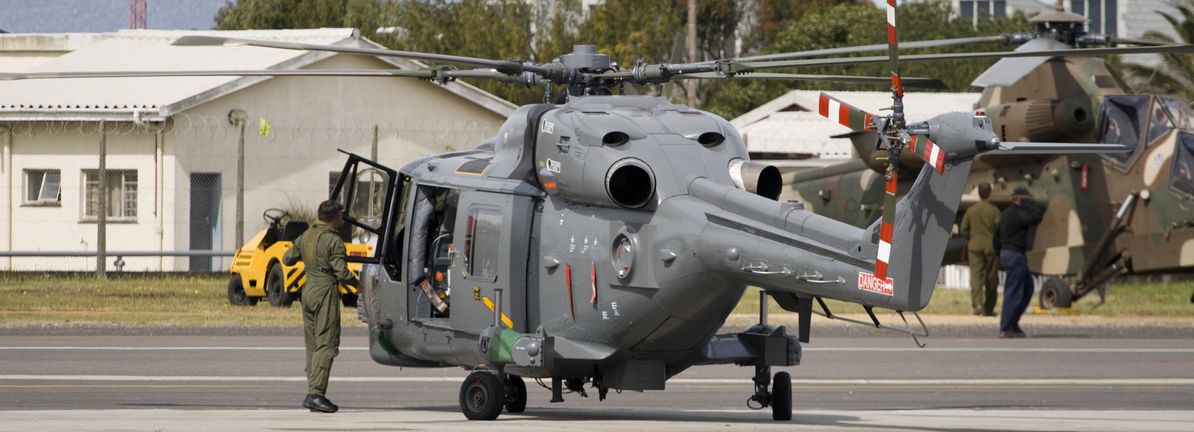Perched perilously at all-time high levels, Sensex and Nifty could face knee-jerk reactions on Monday as equity investors are worried about the fallout of Iran’s unprecedented full-scale military attack against Israel with more than 300 drones and missiles.
On Friday, Sensex had fallen nearly 800 points as FPIs were net sellers to the tune of nearly $1 billion amid worries related to the tweak in the India-Mauritius tax treaty and hotter-than-expected US inflation data. Analysts say the sell-off could extend on Monday as well.
“Everybody is cautious as the market is at an all-time high level. The Street is waiting for a reason to consolidate and geopolitical tensions could lead to a knee-jerk reaction. We need to watch closely how the tensions escalate,” Kranthi Bathini of WealthMills Securities told ETMarkets.
Also read | Mauritius issue begins to haunt foreign investors as FPIs pull out nearly $1 billion from Indian stocks
One of the biggest impacts of the tensions in the Middle East could be on crude oil prices. Last week, oil prices neared a six-month high on concern that Iran, the third-largest OPEC producer, might retaliate for a suspected Israeli warplane attack on Iran’s embassy in Damascus.
After the fears came true on the weekend, analysts feared that crude oil prices, which had settled near the $90 a barrel mark on Friday, could cross the $100 level in the next few days.
Supply chain issues still carry the biggest risk premium as Iran maintains its threat to shut the Suez Canal, said Tim Snyder, economist at Matador Economics.
Higher commodity prices are bad for inflation and can even delay the much-anticipated rate-cut cycle. “The time and the quantum of rate cuts is going to be one of the key triggers for the market,” Bathini said.
Also read | Bitcoin slumps 8% after Iran attacks Israel, flashes warning for global markets
Not just crude oil, prices of several other commodities like gold, silver, copper, etc have been on an uptrend in recent days.
“If inflation rises then central banks have no other choice but to hike interest rates. This means higher borrowing costs for corporates and consumers. High costs mean low profits. Markets don’t like falling profits. What follows is a vicious cycle of falling stock prices,” said Apurva Sheth of Samco Securities.
He suggests investors trim down exposure to risky smallcaps, midcaps and move to quality largecaps.
Analysts fear more FPI outflows from India due to the escalating geopolitical tensions and rising bond yields.
“The coming few days will be tough for FPIs, which might see more outflows. Since DIIs are sitting on huge liquidity and the retail and HNIs in India are highly optimistic about the Indian market, FPI selling will be largely absorbed by domestic money,” said Dr V K Vijayakumar of Geojit Financial.
Iran-Israel War
Israeli Prime Minister Benjamin Netanyahu vowed his country would achieve victory after the military said it shot down almost all the more than 300 drones and missiles launched by Iran in a sharp escalation of the Middle East conflict.
Israel has now reopened its airspace and warned Tehran would retaliate against any Israeli attack on its interests, officials, or citizens.
US President Joe Biden said he would convene a meeting of leaders of the Group of Seven major economies on Sunday to coordinate a diplomatic response to what he called Iran’s brazen attack.
“While no World War III is on the anvil, at least not yet, there is a clear possibility of horizontal escalation and retaliatory and even deterrent strikes by Israel. Going forward, the stand of the government of the USA is likely to be a major factor in this rapidly evolving situation. Uncertain times, difficult days ahead, said Dr Manoranjan Sharma, Chief Economist at Infomerics Ratings.
Nifty Technical Outlook
With fresh short built-up at higher levels, declining momentum, and deteriorating underlying trend strength, chartists say a possible correction is in the offing amid profit booking in Nifty.
“Traders should refrain from chasing buying opportunities at elevated levels and are encouraged to consider profit-booking on any bounce back. Notably, the range of 22700 to 22800 presents significant resistance. Conversely, key indices hover slightly above their previous swing high, technically considered as a support level. For Nifty, this lies within the range of 22450 to 22500, and a breach may trigger further profit booking, potentially towards 22300 and beyond in the near term,” said Rajesh Bhosale of Angel One.
(Disclaimer: Recommendations, suggestions, views, and opinions given by the experts are their own. These do not represent the views of The Economic Times)
















